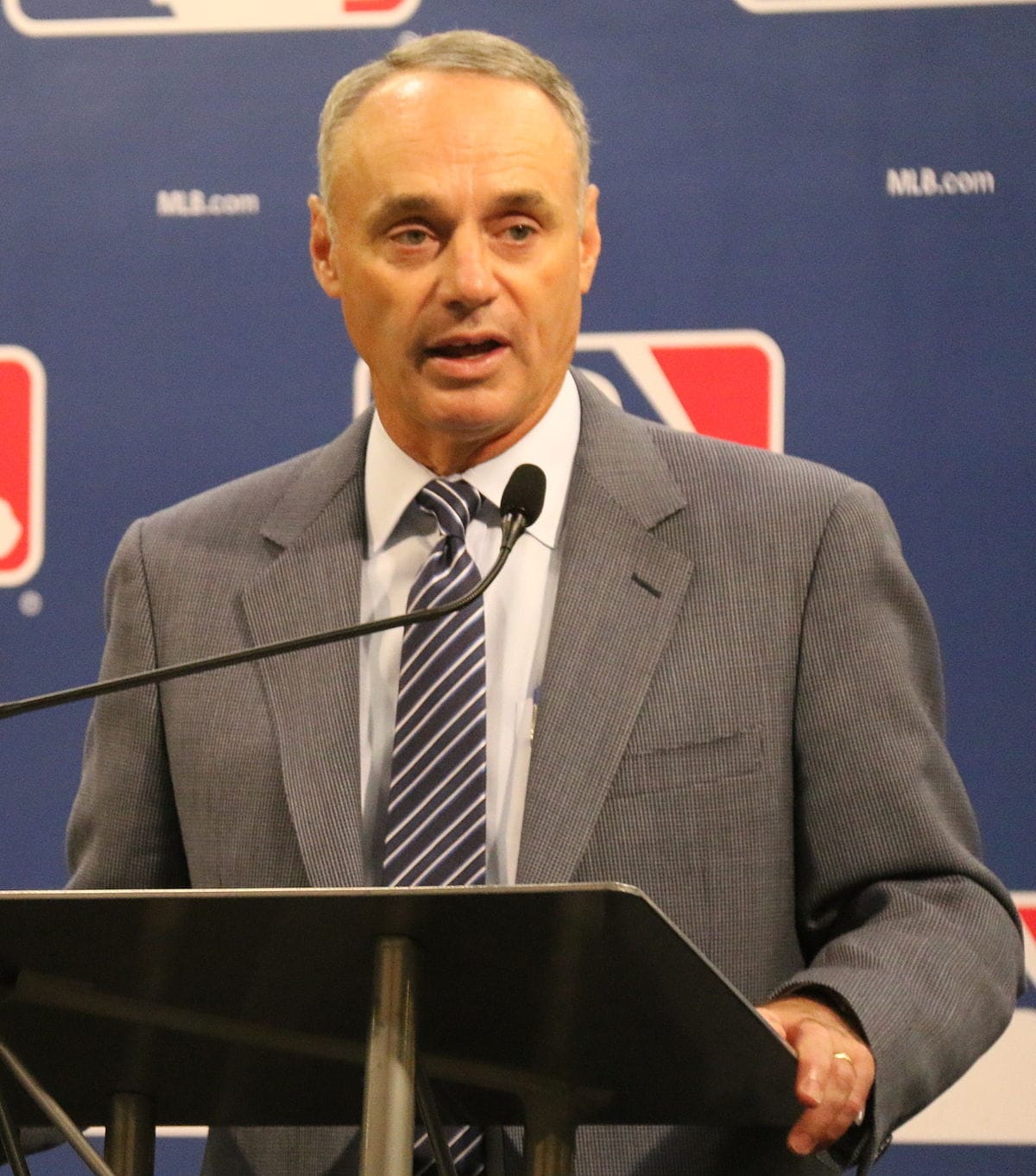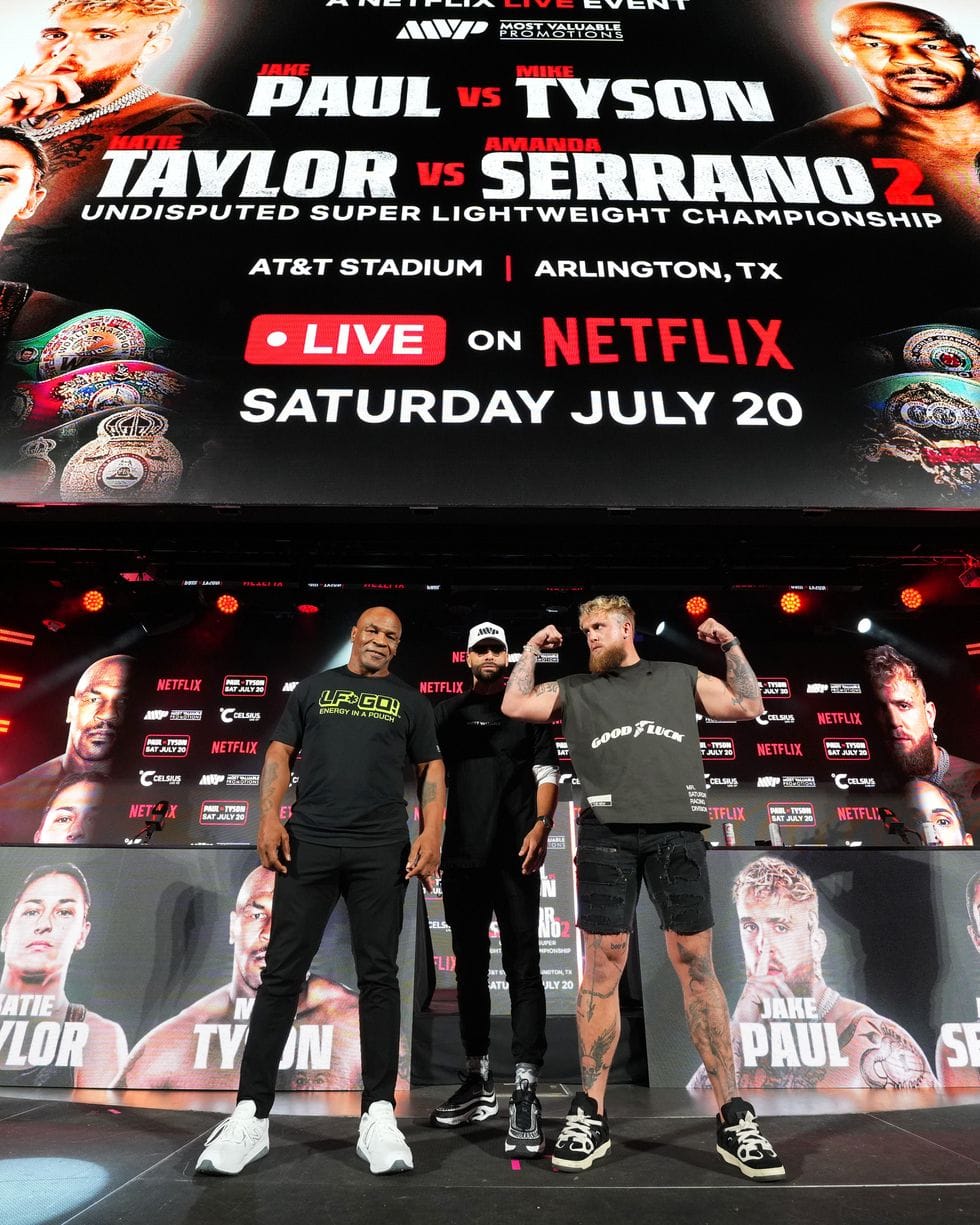The Los Angeles Lakers made headlines when they announced a trade with the Charlotte Hornets for center Mark Williams, aiming to enhance their roster for a playoff push. However, in a surprising turn of events, the Lakers officially rescinded the trade after Williams failed his physical examination. This development not only thwarts the Lakers’ immediate plans but also sets the stage for a critical reassessment of their options both in the buyout market and the offseason.
Why the Trade Fell Through
The Mark Williams trade was designed to address the Lakers’ pressing need for a reliable center to bolster their frontcourt rotation. Williams, a promising young talent, was seen as an ideal fit to complement the existing core of Anthony Davis and LeBron James. However, the deal was contingent on Williams passing a routine physical exam, a standard protocol for NBA trades.
According to multiple reports, the Lakers were left no choice but to rescind the trade when Williams failed to pass his physical due to undisclosed issues. While the exact nature of these issues remains confidential, they were deemed significant enough to nullify the agreement.
Immediate Impact on Team Dynamics
The rescinded trade has immediate consequences for the Lakers. Without Williams, the team must continue to rely on their existing lineup, which has shown vulnerabilities in the center position. This setback is particularly challenging as the Lakers are in the thick of a competitive Western Conference playoff race and can ill-afford to lose ground.
The team had planned to acquire Williams by trading young assets like Dalton Knecht and Cam Reddish, along with future draft picks. With the trade falling through, these players and assets remain with the Lakers, preserving some future flexibility but leaving current gaps unaddressed.
Exploring the Buyout Market
With the trade deadline now past, the only way the Lakers can make significant roster changes is through the buyout market. The buyout market typically sees veterans and role players part ways with their current teams, making them available for competitive contenders such as the Lakers.
Rumors suggest that the Lakers might target experienced big men to fill the void left by the failed acquisition of Williams. Names like JaVale McGee and Dwight Howard, both of whom have history with the team, have been floated as potential candidates. However, adding any player through the buyout market would require careful salary cap management, a challenge that the Lakers’ front office will need to address skillfully.
Offseason Preparations
Looking ahead to the offseason, the Lakers now face additional pressure to rethink and restructure their plans. The team entered this season with high hopes, aiming to reclaim their status as championship contenders. The failure to land Mark Williams introduces an element of urgency to their offseason strategy.
The Lakers still possess valuable trade assets and future draft picks. They might consider orchestrating trades during the offseason to secure reinforcements for their lineup. Additionally, the free agency market could offer opportunities to bring in both star players and role contributors willing to join a team led by LeBron James and Anthony Davis.
Long-Term Implications
The rescinded trade raises questions about the Lakers’ approach to player acquisitions and negotiations. NBA teams often operate under significant pressure to make impactful moves, but the reversal underscores the importance of due diligence. The Lakers must now navigate a path forward without allowing this setback to derail their season or future prospects.
For fans, the situation serves as a reminder of the unpredictable nature of professional sports transactions. Though the Lakers momentarily appeared to have solidified their roster, circumstances beyond their control forced them to pivot. The coming weeks and months will reveal how effectively the organization can adapt and advance.
Conclusion
The rescinding of the Mark Williams trade marks a pivotal moment for the Los Angeles Lakers’ season. While it disrupts their immediate plans, it also offers an opportunity for the team to reassess and refine their long-term strategy. Whether through the buyout market, offseason moves, or a combination of both, the Lakers must now chart a course to bridge their frontcourt gaps and enhance their championship aspirations.



